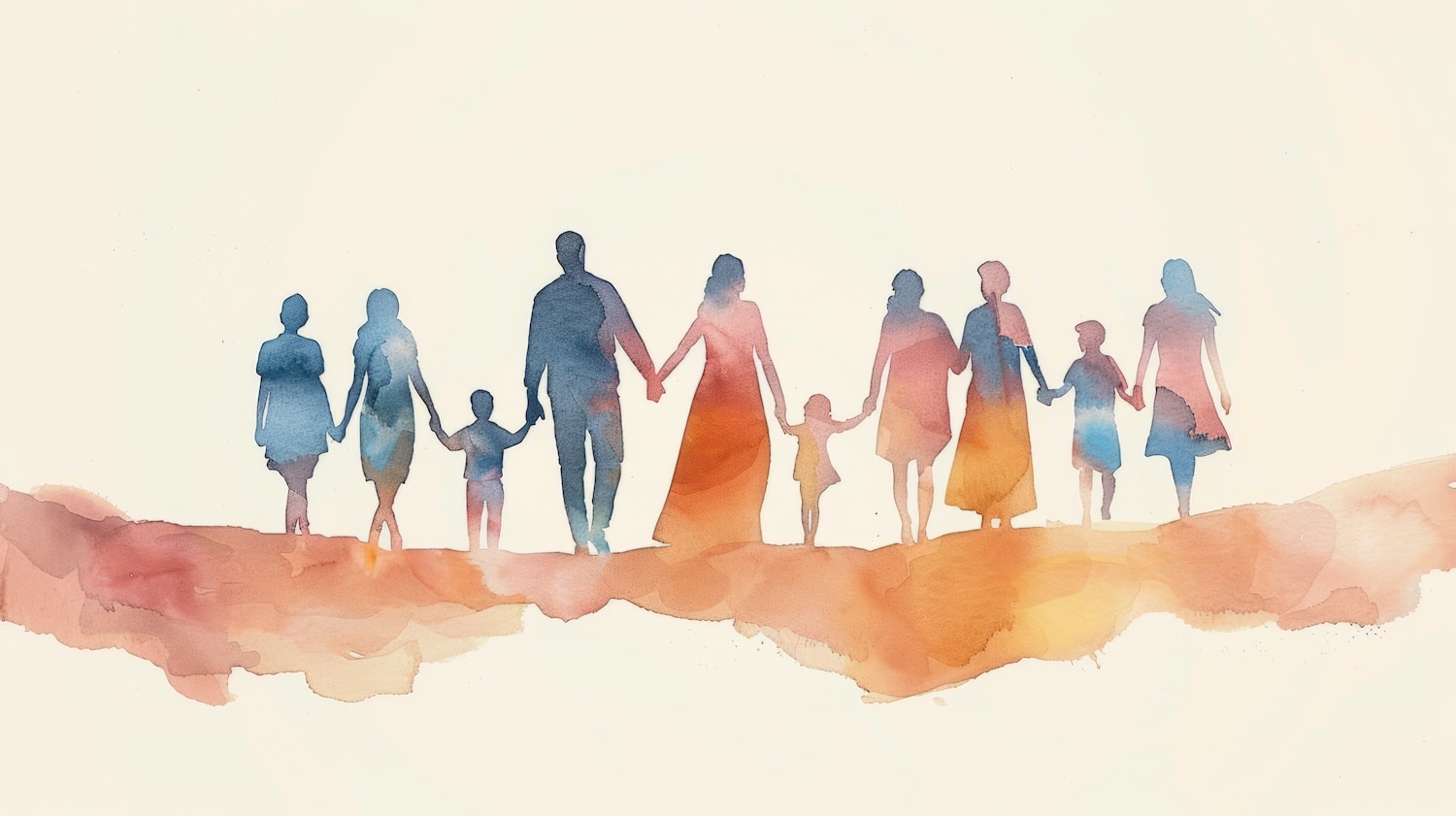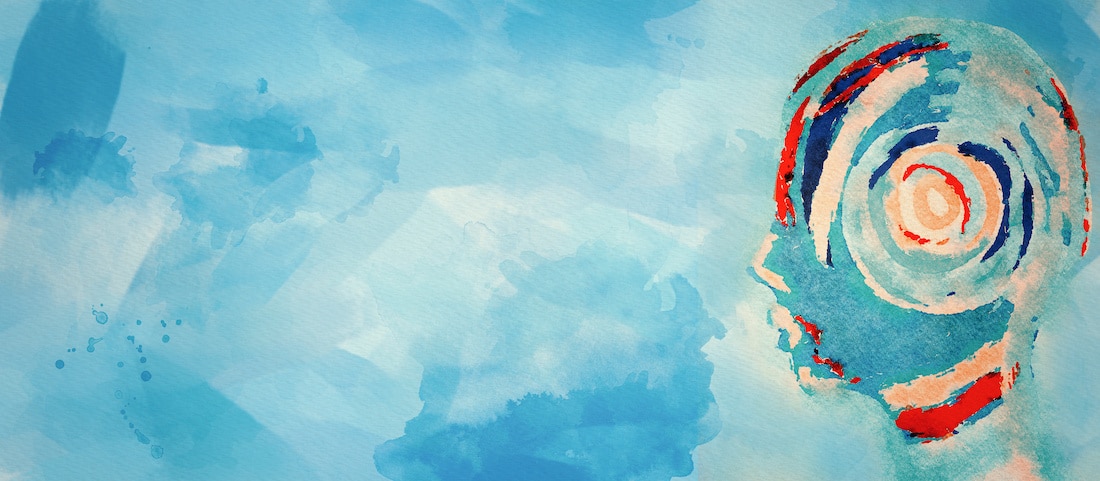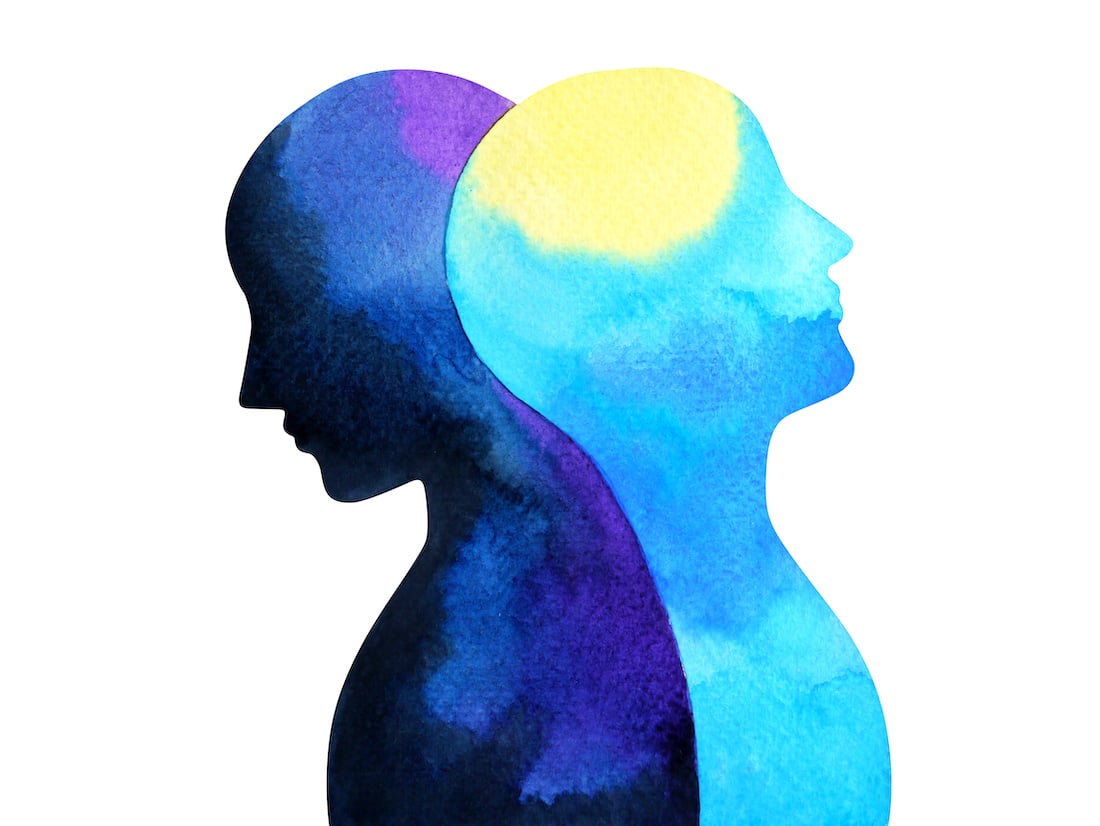Happy summer? Sad winter? Precisely! A new Google-based study suggests we’re not just happier, but saner during summer months. Google and a team of researchers from the University of Southern California, Harvard and Johns Hopkins scoured through past search results between 2006 and 2010 in the United States and Australia, looking for queries like “symptoms of” and “medications for” obsessive compulsive disorder, anxiety, ADHD, bipolar, depression, anorexia, bulimia and schizophrenia.
The study concluded that mental health might indeed have a seasonal component. By studying two countries with inverted seasonal patterns, researchers were able to conclusively attribute seasons, not the time of year, with the findings. Overall, American mental illness queries rose 14 percent in January while Australia’s 11 percent spike came six months later in July.
Even more fascinating, certain disorders seemed to be particularly season-dependent. Queries involving “anorexia” and “bulimia,” for instance, were 37 percent higher in winter than in summer. Schizophrenia-related searches took an equal jump, while ADHD searches climbed 31 percent.
Okay, they may be on to something. But what could possibly make mental illness a seasonal occurrence? Social benefits are obvious. People do more relaxing and recreational activities in the summer. Vacations, social gatherings, outdoor activities and increased physical activity, all of which promote mental wellness, are correlated with summertime. There is also more sunlight in the summer, resulting in less vitamin D deficiencies, which may play a part as well.
Though the study raises more questions than it answers, it’s opened new areas of exploration and potential research. The more we understand about mental health, the more effective treatments will become and the better our overall quality of life will be.
Pasadena Villa’s Smoky Mountain Lodge is an adult intensive psychiatric residential treatment center for clients with serious mental illnesses. We also provide other individualized therapy programs, step-down residential programs, and less intensive mental health services, such as Community Residential Homes, Supportive Housing, Day Treatment Programs and Life Skills training. Pasadena Villa’s Outpatient Center in Raleigh, North Carolina offers partial hospitalization (PHP) and an intensive outpatient program (PHP). If you or someone you know may need mental health services, please complete our contact form or call us at 407-215-2519 for more information.
Source:



